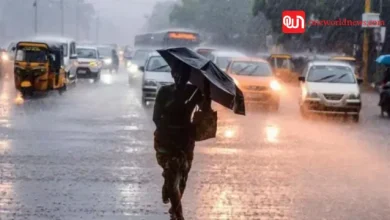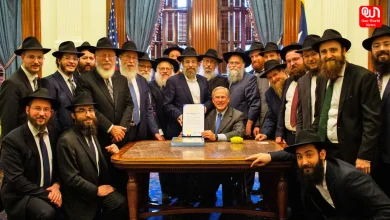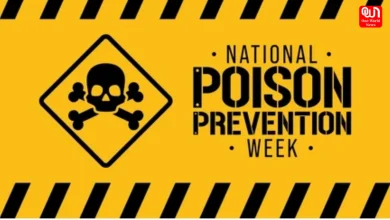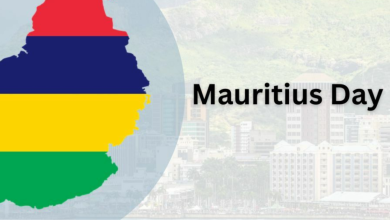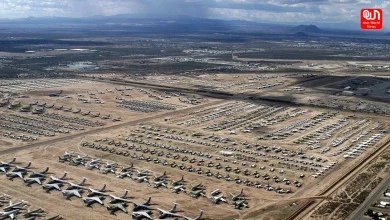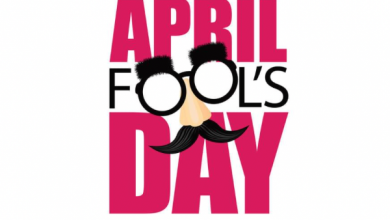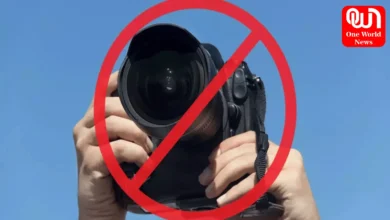How India’s crisis is provoking global Covid19 vaccine inequality

The vaccine distribution is telling a lot about global inequality in many ways
The second wave has exposed the inadequacy of the tightfisted approach. Hospitals are filled with patients, oxygen is scarce and the death toll of 2 lakh 62 thousand is thought to be huge undercount in India. We are witnessing in India and especially in developing countries, that people don’t have access to vaccines, COVID continues to widen the inequality everywhere. World Bank President David R. Malpass has pointed out that inequality runs deep, encompassing vaccinations and median income, interest rate differentials, bankruptcy processes, and access to credit – all of which put poorer countries at a stark disadvantage.

WHO chief Tedros Adhanom Ghebreyesus also slammed countries for their vaccine diplomacy in a covid fight. He said that ” we cannot fight this pandemic until we get full cooperation from the countries. He further said that rapid vaccination programs have allowed a number of wealthy nations to start taking steps towards normality, the virus is still surging in many countries and concerns are growing about global vaccine inequality. He also points to how a majority of vaccine doses administered so far have been confined to “a few wealthy countries”.
The Chief also said that “As we recover from the Covid-19 pandemic, we must implement policies and allocate resources so all can enjoy the same health outcomes”. We need to find a solution to this global inequality as soon as possible. Greta Thunberg, the climate activist also slammed countries for covid vaccine inequality and calls for equal distribution between rich and poor countries. She also asked the countries to address the tragedy that is covid vaccine inequality.

Read More: 6 Ethical Digital Content Creation Rules that Creators must Follow
What study tells about vaccine inequality?
A new Duke study shows rich countries are snapping up vaccines even before they’re ready. For many countries, vaccination campaigns are just getting started. It has been revealed that high-income countries, as well as a few middle-income countries flush with manufacturing capacity, have already purchased nearly 3.8 billion doses, with options for another five billion. It also revealed in a study that the high-income countries represent only 16% of the world’s population; they currently hold 60% of the vaccines for COVID-19 that have been purchased so far.
Canada tops the list having purchased enough vaccines to cover more than five times their population. Most other high-income countries have more than 100% coverage, and some can cover their populations several times over. The data is disheartening for poor income countries like India where people are dying of starvation and deteriorating healthcare. In the 2020 Global Hunger Index, India ranks 94th out of the 107 countries.
Vaccination inequality raises concerns amid the Corona crisis; rural India becomes a hindrance for people without ‘access to the Internet.
For corona vaccination, it is necessary to register on the Cowin portal because, without it, there will be no corona vaccination. Half of India’s population has access to broadband internet. While access to the internet in rural areas is below 60 percent, including states like Bihar, Uttar Pradesh, Chhattisgarh, Jharkhand, and Madhya Pradesh.
Access to the Internet is in a bad state in these states. The language of the Cowin portal is English. The non-availability of other languages in the Cowin portal is also a major obstacle for this. How can someone who does not know English get their own vaccination done for corona vaccination? Cowin’s Vaccinator mobile app is available in 12 languages. Other government apps like Arogya Setu, which offer an option to change the language, but in that too, the language for vaccination registration is English.
Rich countries are now stockpiling vaccines that they have grabbed but are unable to distribute. The only long-term solution is simply making more vaccines in more plans across the world and distributing them in an equal share.
Have a news story, an interesting write-up or simply a suggestion? Write to us at info@oneworldnews.com

